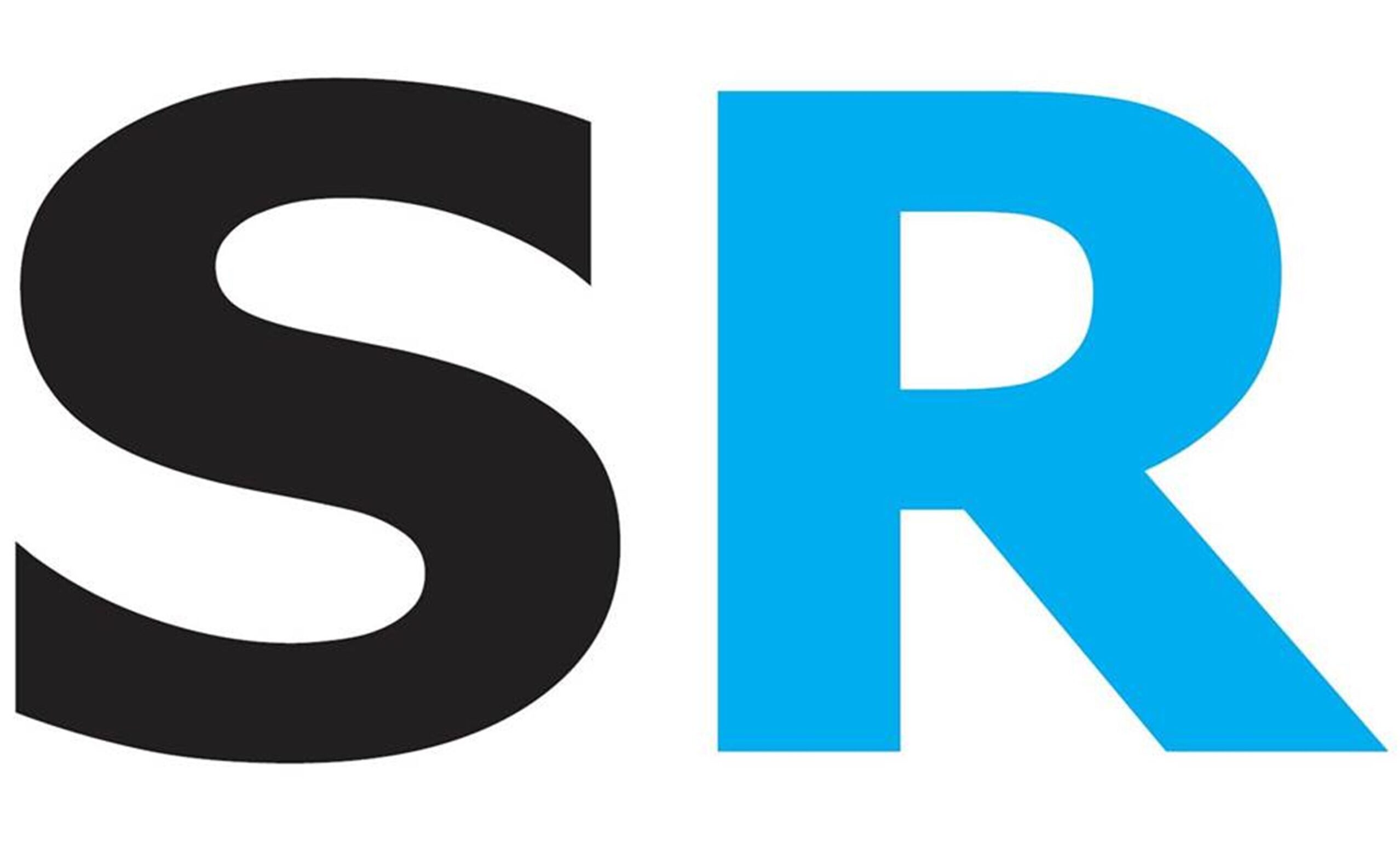Effective manager-employee communication is essential for business success. Clear, open communication helps keep managers and employees informed about objectives, direction, and expectations. As a result, everyone can work as a team to reach company goals.
Importance of Manager-Employee Communication
Regular manager-employee communication helps share information, ideas, and constructive feedback. This process helps build trust, support collaboration, and improve performance.
Prioritization of manager-employee communication contributes to a positive work environment. The results include:
- Increased employee engagement
- Greater productivity
- Higher job satisfaction
- Stronger employee morale
- Elevated employee retention rates
- More attractive company culture
Implement these key strategies to improve manager-employee communication.
Share Company News
Communicate with your employees the latest company news. Include the reasoning behind the decisions and the impact on the organization and your team.
Your employees likely want to know about the company’s financial health and whether their jobs might be affected by internal changes. Therefore, you should provide as much information as possible during difficult times so your team members know you value and support them.
Get to Know Your Employees
Have casual conversations with your employees about their personal interests. Share your personal interests as well. Topics might include family members, pets, hobbies, books, sports, or travel.
Work to find common ground with your employees. You can use these details for future discussions.
Learn Each Employee’s Communication Preferences
Talk with each employee about their preferred type of communication:
- Verbal
- Written
- Formal
- Informal
Determine each employee’s preferred method of communication:
- Face-to-face
- Phone
- Videoconference
- Text
- Chat
Use each employee’s preferred communication type and preference whenever possible. Showing you listen to and respect your employees encourages them to respond accordingly.
Hold Weekly Meetings
Meet weekly with your employees. For instance, hold team meetings to encourage your employees to feel comfortable communicating with each other. Ensure each employee has adequate time to discuss the projects they are working on and any questions or challenges they have.
Schedule one-to-one meetings so your team can have private, more direct conversations with you. Encourage your employees to voice their concerns, solve problems, and discuss personal issues that might affect their work.
Prioritize Feedback
Regularly provide your employees with constructive feedback. Encourage them to do the same for you.
Employees who understand what they do well, what they can do better, and specific steps to improve help elevate individual and team performance. Similarly, implementing constructive feedback from your employees helps you more effectively manage them.
Do You Need Help with Hiring?
Partner with Staff Right Solutions for help with hiring qualified employees. Start the process today.
